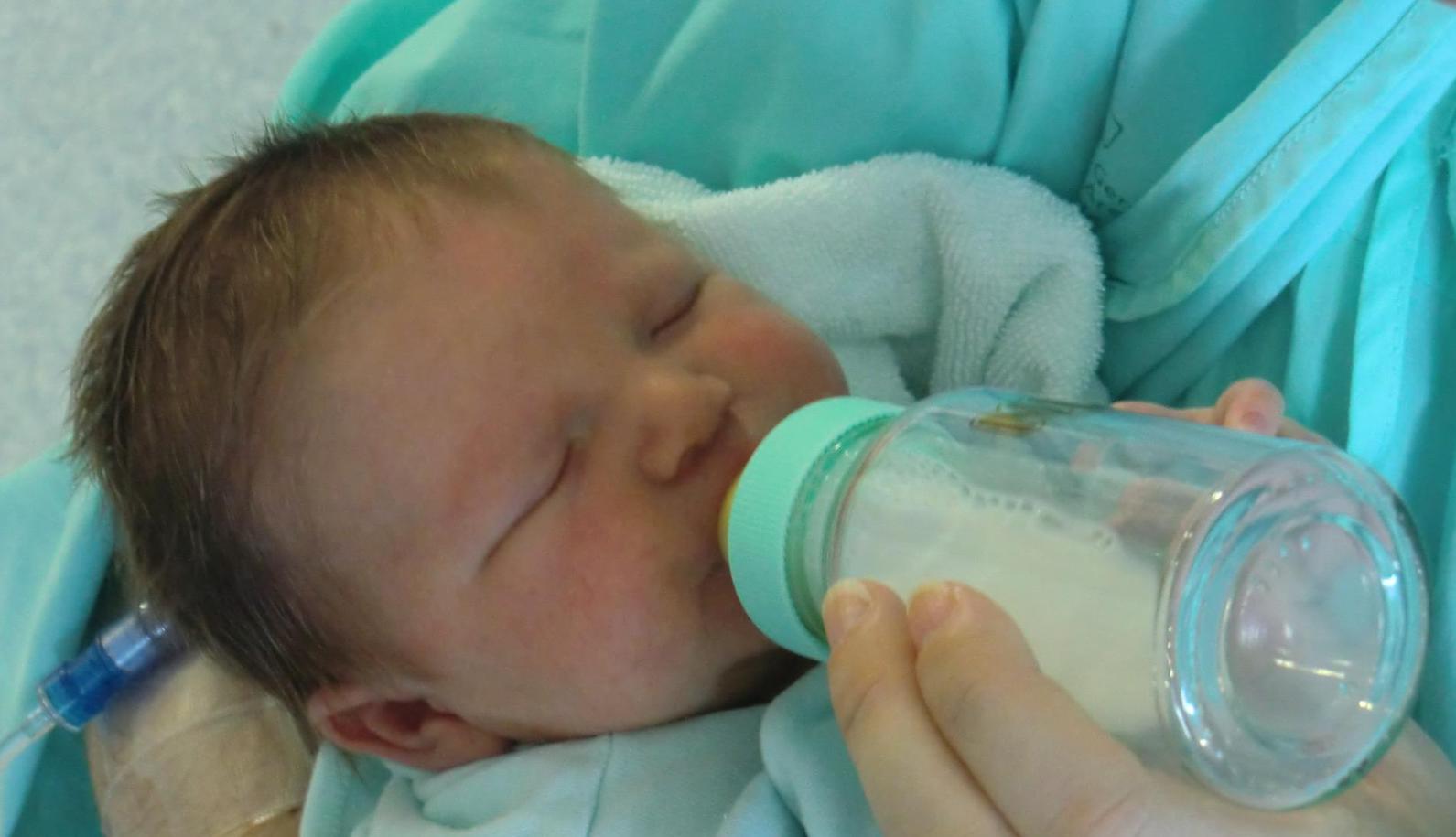
Infant formula price gouging finally being targeted by Colorado, other states
Colorado Gov. Jared Polis has issued an executive order that prohibits infant formula from being sold at illegally high prices that indicate price gouging.

Three months after the infant formula shortage started brewing, officials in Colorado and other states finally have started cracking down on price gouging.
Colorado Gov. Jared Polis has issued an executive order that prohibits infant formula from being sold at illegally high prices that indicate price gouging. The order, signed at the end of May, declared a state of disaster emergency stemming from the nationwide infant formula shortage.
“No one should take advantage of parents or caregivers who are trying to feed infants during this formula shortage,” the order said. “During a declared disaster, price gouging for consumer goods is unlawful and the Attorney General and District Attorneys have the power to enforce C.R.S. § 6-1-730. I urge the Attorney General Office to pursue any violations of the Consumer Protection Act.”
Unlike in some states, Colorado didn’t set exact definitions for prices that would be deemed as price gouging. California, for example, this month set a low bar for price gouging. Infant formula sold in California can’t exceed the price it sold for on Feb. 17 by more than 10 percent through at least Aug. 31, 2022. There are a few limited exceptions. Feb. 17 was the day the Food and Drug Administration announced the initial recall by Abbott. It took only a few weeks for shortages – and price gouging – to start.
Colorado’s general price gouging law (6-1-730, C.R.S. 2021) prohibits a seller from “charging excessive prices for essential products, goods, or services during a disaster period and makes clear that such price gouging is a deceptive trade practice under the Colorado Consumer Protection Act.
The law goes on to say: “Under ordinary conditions, the pricing of consumer goods and services generally is best left to the marketplace; except that, when a declared disaster results in abnormal disruptions . . . A person engages in an unfair and unconscionable act or practice when, during a disaster period and within the designated area, the person charges a price so excessive as to amount to price gouging …” The law cites examples including building materials, food, emergency supplies, fuel or other necessities, but doesn’t specify infant formula. Now, during the state of emergency, it’s included in the price gouging ban without any confusion.
The Abbott plant in Michigan that was closed in February supplied as much as 40 percent of the nation’s powdered formula. The shutdown, not surprisingly, has led to devastating shortages and parents desperate enough to feed their babies that they may be willing to pay exorbitant prices.
Reports have emerged from across the country of cans of formula being offered for sale at double, triple or even quadruple the price they sold for in February. Most of the excessive pricing is occurring on online marketplaces, which are difficult for authorities to monitor or regulate for various reasons, including because cans of formula available for sale are likely sold in hours or even minutes.
The infant formula shortages are expected to last at least until July but it could be longer, particularly because the Abbott plant at the center of this had to close again last week because of storms and flooding.
Consumers in Colorado are encouraged to file a complaint online at https://coag.gov/file-complaint/report-consumer-fraud/ or call 720-508-6000.
Other states that recently enacted new crackdowns on price gouging of infant formula include Oregon, Kentucky and New Jersey. The definition of price gouging and the dates involved may vary in different states. Nearly 40 states have some sort of price gouging law, but most target a specific category of products, such as fuel or emergency supplies needed for storm cleanup, and don’t directly include infant formula.
Even states without price gouging laws are jumping on board to combat unfair prices. New Mexico’s attorney general office, for example, said on May 31 it’s investigating shortages and excessive pricing. New Mexico doesn’t have a specific law addressing price gouging but does have a law prohibiting “unfair or deceptive trade practices and unconscionable trade practices.”
To report suspected price gouging in any state, find the state in our guide. https://uspirg.org/feature/usf/how-identify-and-report-price-gouging
Topics
Authors
Teresa Murray
Consumer Watchdog, PIRG
Teresa directs the Consumer Watchdog office, which looks out for consumers’ health, safety and financial security. Previously, she worked as a journalist covering consumer issues and personal finance for two decades for Ohio’s largest daily newspaper. She received dozens of state and national journalism awards, including Best Columnist in Ohio, a National Headliner Award for coverage of the 2008-09 financial crisis, and a journalism public service award for exposing improper billing practices by Verizon that affected 15 million customers nationwide. Teresa and her husband live in Greater Cleveland and have two sons. She enjoys biking, house projects and music, and serves on her church missions team and stewardship board.
Find Out More

Apple AirPods are designed to die: Here’s what you should know

A look back at what our unique network accomplished in 2023

Avoiding scams, incorrect medical bills, privacy invasions and more
